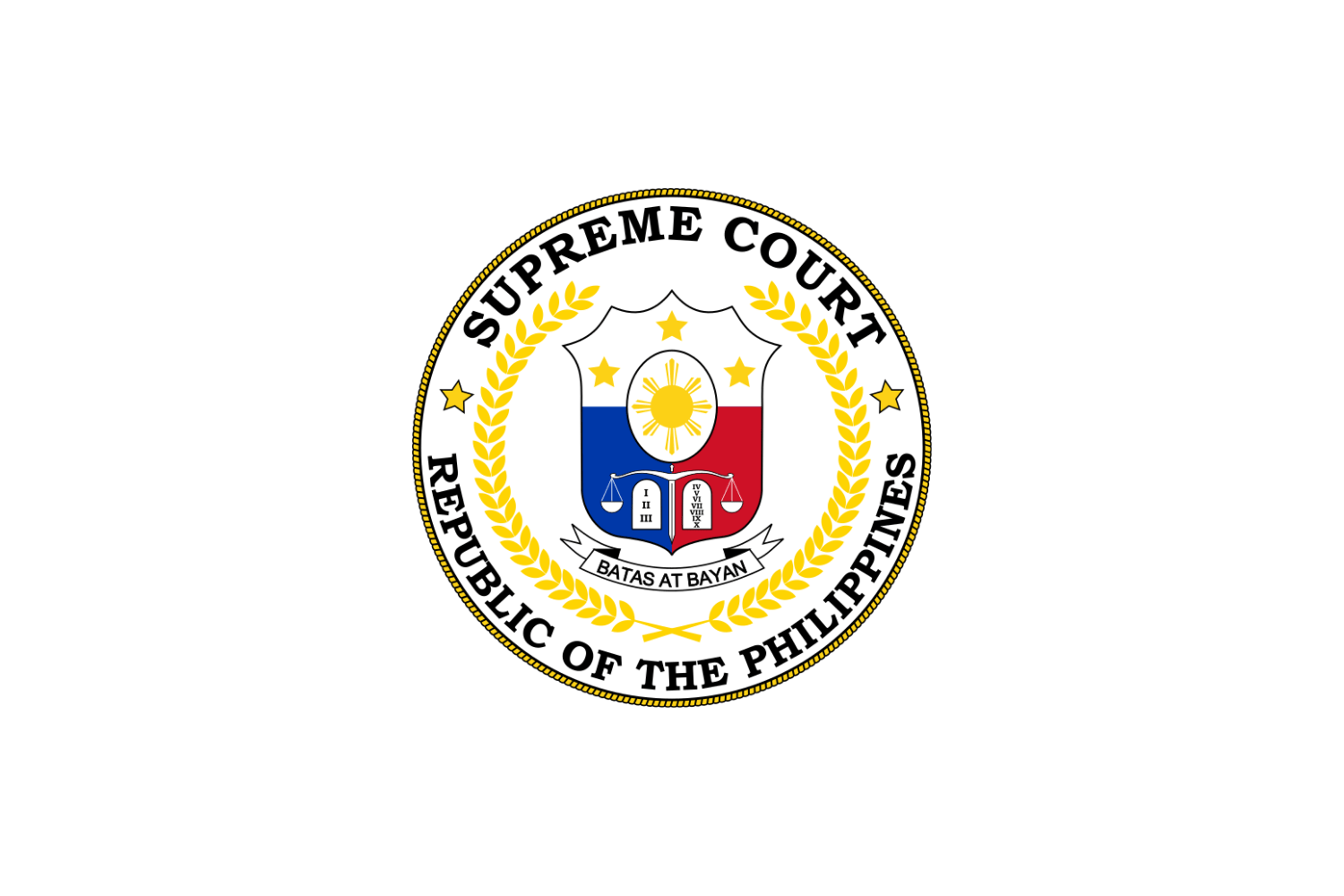
© Supreme Court of the Philippines
Social media personalities and influencers filed the 21st petition against Republic Act 11479 or the Anti-Terror Law of 2020 before the Supreme Court on Wednesday, July 29.
Nineteen online personalities, calling themselves “concerned online citizens,” asked the high court to strike down certain provisions of the law.
The 21st petition sought to declare Sections 4 to 12, 25 to 27 and 29 unconstitutional and void.
The petitioners include TikTok creators Macoy Dubs and Aling Marie, bloggers Tonyo Cruz and Jover Laurio, artists Rob Cham and Albert Raqueño, writer Juan Miguel Severo and mental health advocate Dr. Gia Sison.
Although it is the 21st petition filed against the Anti-Terror Law, it is the first plea that focuses on the impact of the law on the internet, specifically, on social media.
San Sebastian College-Recoletos Graduate School of Law Dean Rodel Taton served as the group’s legal counsel.
Taton said the case of the online citizens “touches on the vulnerability and susceptibility” of Filipino online users to the vague and broad definitions of the law.
“[O]ne can easily be tagged as terrorist or terrorist sympathizer, or terrorist enabler and anyone may be subjected to surveillance, attack and even to peddle fake and false news against their persons,” Taton said.
The lawyer stressed that the Anti-Terrorism Act of 2020 could be weaponized to silence dabate, discussion, and dissent.
“Aptly, this case is one that squarely falls within what the Supreme Court refers [to] as “of transcendental importance,” because the paramount interest of the people and Constitution should always prevail,” Taton said. Jayziel Khim Budino